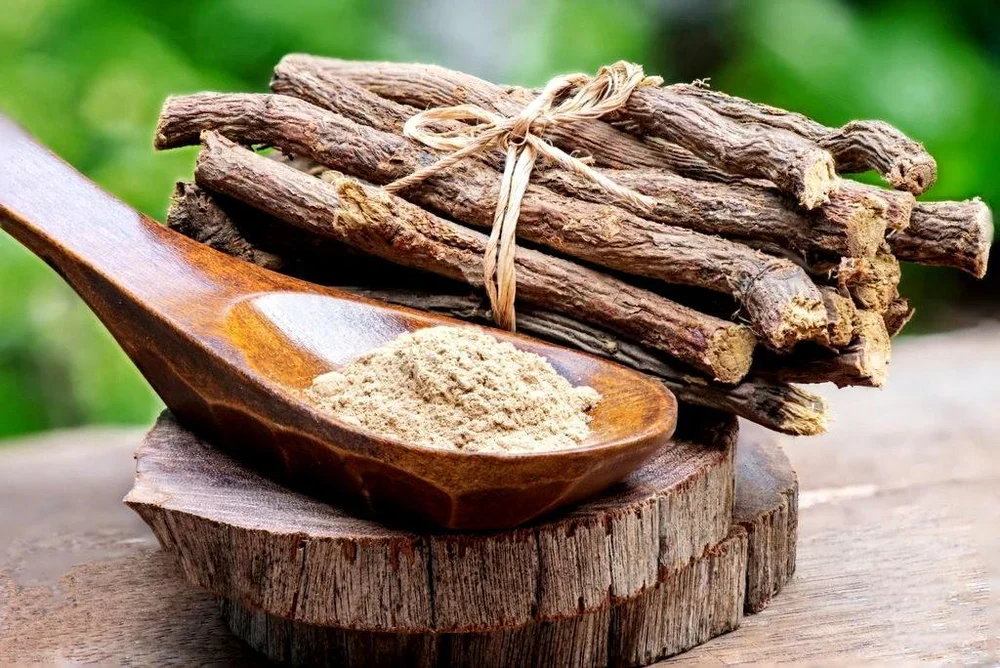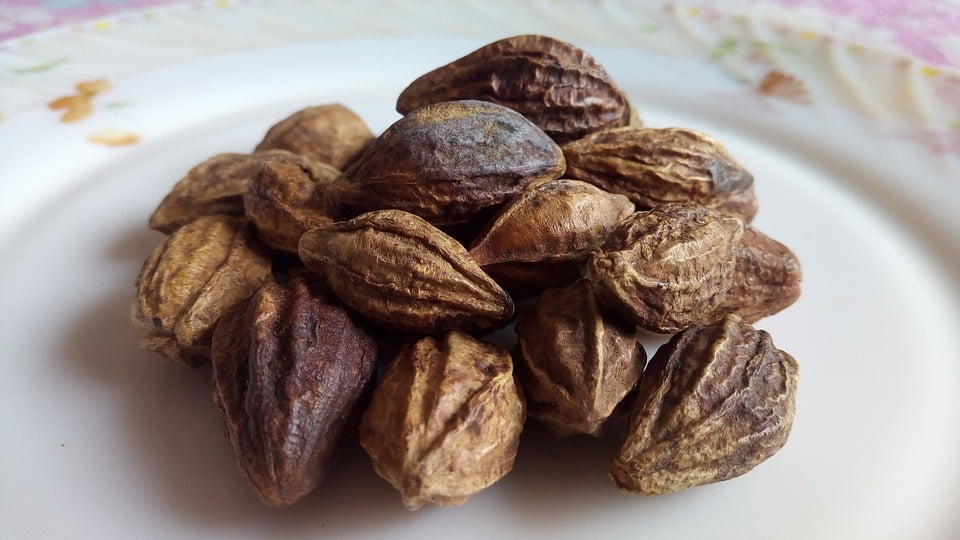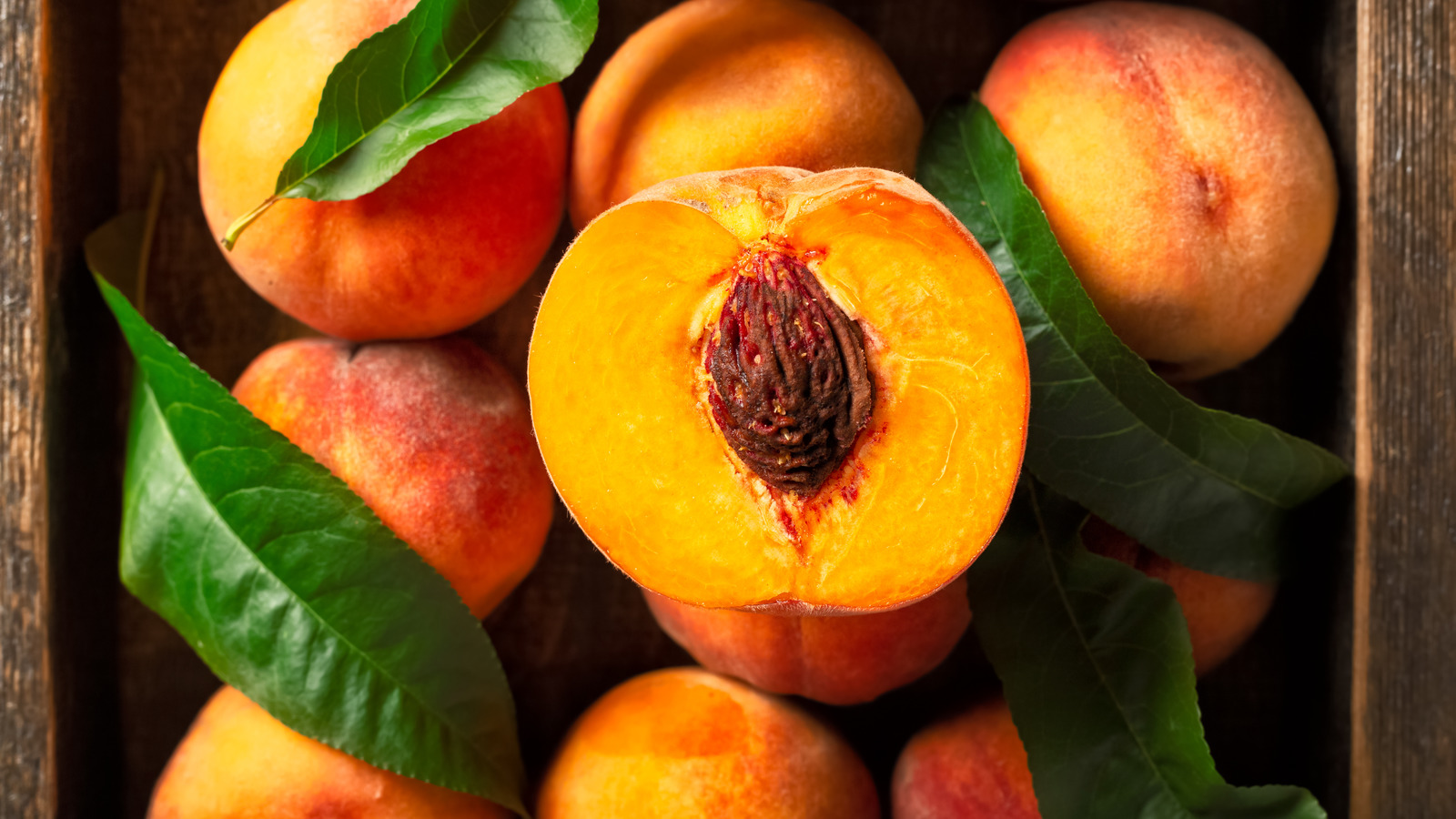The ancient Indian system of medicine known as Ayurveda has been in practice for thousands of years. Its focus is on natural remedies to promote health and wellness. Ayurvedic plants, known for their therapeutic properties, have been used in this system for centuries. In this blog post, we will briefly discuss the benefits of the most popular Ayurvedic plants.
Here is a more detailed discussion of some of the most popular plants in Ayurveda and their benefits:
-
Turmeric:
People have used turmeric in Ayurveda for centuries due to its potent anti-inflammatory and antioxidant properties. Turmeric contains a compound called curcumin, which reduces inflammation in the body and protects against cellular damage caused by free radicals. People commonly use turmeric to support joint health, improve digestion, and promote healthy skin.
-
Ashwagandha:
People have used turmeric in Ayurveda for centuries due to its potent anti-inflammatory and antioxidant properties. Turmeric contains a compound called curcumin, which reduces inflammation in the body and protects against cellular damage caused by free radicals. People commonly use turmeric to support joint health, improve digestion, and promote healthy skin.
-
Ginger:
Ayurvedic practitioners use ginger root for its digestive properties. Ginger contains a compound called gingerol, which reduces inflammation in the body and supports digestive health. People commonly use ginger to alleviate nausea, bloating, and gas. It can also be used to support immune function and promote healthy circulation.
-
Neem:
Ayurvedic practitioners use neem tree for its anti-inflammatory and anti-bacterial properties. It is commonly used to support skin health, as it can help alleviate acne, psoriasis, and eczema. People also use neem to promote oral health and support immune function.
-
Brahmi:
Ayurvedic practitioners use brahmi herb for its cognitive-enhancing properties. It contains compounds called bacosides, which improve memory and concentration. People commonly use brahmi to support brain function and promote healthy aging.
-
Holy Basil:
Ayurvedic practitioners use holy basil herb, also known as Tulsi, for its adaptogenic properties. It helps the body adapt to stress and promotes overall vitality. Holy basil, also known as Tulsi, belongs to the family Lamiaceae and is an aromatic perennial plant. It is used to promote healthy digestion, support immune function, and reduce inflammation in the body. It is native to the Indian subcontinent and widespread as a cultivated plant throughout the Southeast Asian tropic
-
Licorice:
Ayurvedic practitioners use licorice root for its anti-inflammatory and anti-viral properties. It contains compounds called triterpenoids, which reduce inflammation in the body and support healthy immune function. People commonly use licorice to support digestive health, promote healthy adrenal function, and soothe respiratory issues.
-
Amla:
Amla, also known as Indian gooseberry, is a popular Ayurvedic plant used for its antioxidant properties. It is a rich source of Vitamin C and other beneficial compounds that protect the body against cellular damage caused by free radicals. People commonly use amla to support immune function, promote healthy digestion, and nourish hair and skin.
Indian gooseberry juice on the wooden floor -
Triphala:
Triphala is an Ayurvedic herbal blend that contains three fruits: amla, haritaki, and bibhitaki. It supports digestive health and promotes regular bowel movements. Triphala has antioxidant and anti-inflammatory properties that may promote overall health and well-being.
-
Shatavari:
Shatavari root possesses adaptogenic properties and promotes healthy hormonal balance, making it a popular Ayurvedic plant. It supports reproductive health, alleviates menopausal symptoms, and promotes healthy lactation in nursing mothers by helping the body adapt to stress.
-
Guggulu:
The resin extracted from the mukul myrrh tree, called Guggulu, is valued for its cholesterol-lowering and anti-inflammatory properties. It is a common choice to promote healthy weight management, improve cardiovascular health, and support joint health.
-
Haritaki:
Haritaki is a fruit that is commonly used in Ayurveda for its digestive and cleansing properties. It helps promote regular bowel movements and alleviate digestive discomfort. Haritaki is also known for its anti-inflammatory and anti-bacterial properties.
Ayurvedic practitioners use licorice root for its anti-inflammatory and anti-viral properties. It contains compounds called triterpenoids, which reduce inflammation in the body and support healthy immune function. People commonly use licorice to support digestive health, promote healthy adrenal function, and soothe respiratory issues.






















